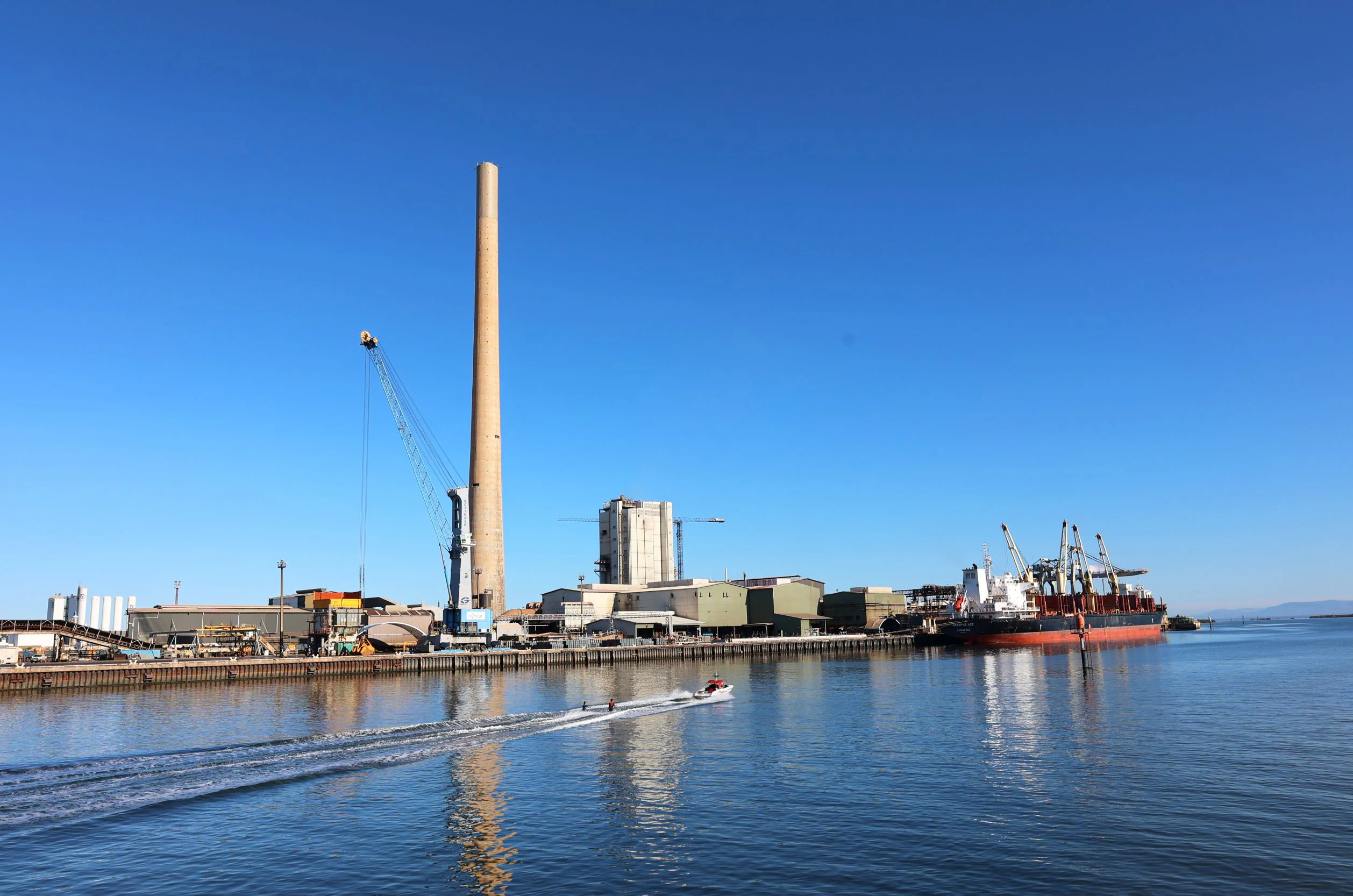A 51-year-old era of global economics may be dying a slow death

Swiss Re Chief Economist Jerome Haegeli has been thinking a lot about Aug. 15, 1971, lately.
On that day, Haegeli recalls, US President Richard Nixon interrupted an episode of the popular American Western television show “Bonanza” to announce the end of the gold peg, in turn ushering in more than a half-century of globalization, flexible exchange rates, open markets, and a downward push on inflation that triggered rumors of its demise.
The date sticks out because it was the start of an era that’s ending now, says Haegeli, who also has worked at the Swiss National Bank, including as its delegate to the International Monetary Fund’s executive board.
“We are in a crisis” in “slow motion” thanks to food, energy, and supply-chain shocks, he said in an interview Tuesday. “You need crisis times for the shift in the macro regime” that’s underway.
The new system emerging must carry the “spirit of Bretton Woods” in its emphasis on cooperation among policy makers worldwide, he said, referring to the 1944 conference of 44 nations that laid the foundation for the postwar dollar standard, based on the US pledge to convert the greenback into gold at $35 per ounce — a system eventually suspended by Nixon. Any new order that emerges must better address the needs and abilities of emerging markets alongside more advanced economies, Haegeli said.
A starting point for central bankers — shaken into recalibrating inflation expectations amid Russia’s invasion of Ukraine — is by delivering on their price stability mandate, Haegeli said.
And policy makers need to re-focus on facilitating long-term investment — alongside a revival of the “real economy,” with tangible assets like infrastructure regaining popularity after 15 years of financial asset-price inflation. On this score, Haegeli lauded Singapore for its announcement this month of a green bond offering, which he sees being replicated in other economies as governments seek more private money to funnel into infrastructure projects.
While the former central banker is fairly upbeat on his predictions of officials embracing this new era in the global economy and being able to better deliver on their mandate — a “back-to-basics” approach that focuses on price stability — his near-term forecasts are far more bleak.
Swiss Re has been above-consensus on price growth and below it on growth calls. Haegeli and his team see higher-for-longer inflation, with US consumer price inflation settling in at around 3% over the next decade.
That’ll mean “inflationary recession” — higher prices amid contraction in economic growth — across the world, even if not the likes of the 1970s-style stagflation, he said. And while the recession should be “rather mild” in the US, a much more serious downturn is ahead in Europe, where natural gas prices linger about 10 times above normal.
(By Michelle Jamrisko)
More News
{{ commodity.name }}
{{ post.title }}
{{ post.date }}




Comments